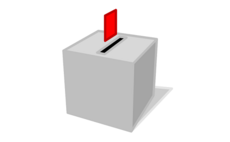Home Secretary Theresa May will re-introduce Communications Data Bill within weeks
The Communications Data Bill is poised for another resurrection following the Conservative Party's victory in this week's general election. That was the message of Home Secretary Theresa May, wh...
To continue reading this article...
Join Computing
- Unlimited access to real-time news, analysis and opinion from the technology industry
- Receive important and breaking news in our daily newsletter
- Be the first to hear about our events and awards programmes
- Join live member only interviews with IT leaders at the ‘IT Lounge’; your chance to ask your burning tech questions and have them answered
- Access to the Computing Delta hub providing market intelligence and research
- Receive our members-only newsletter with exclusive opinion pieces from senior IT Leaders




















